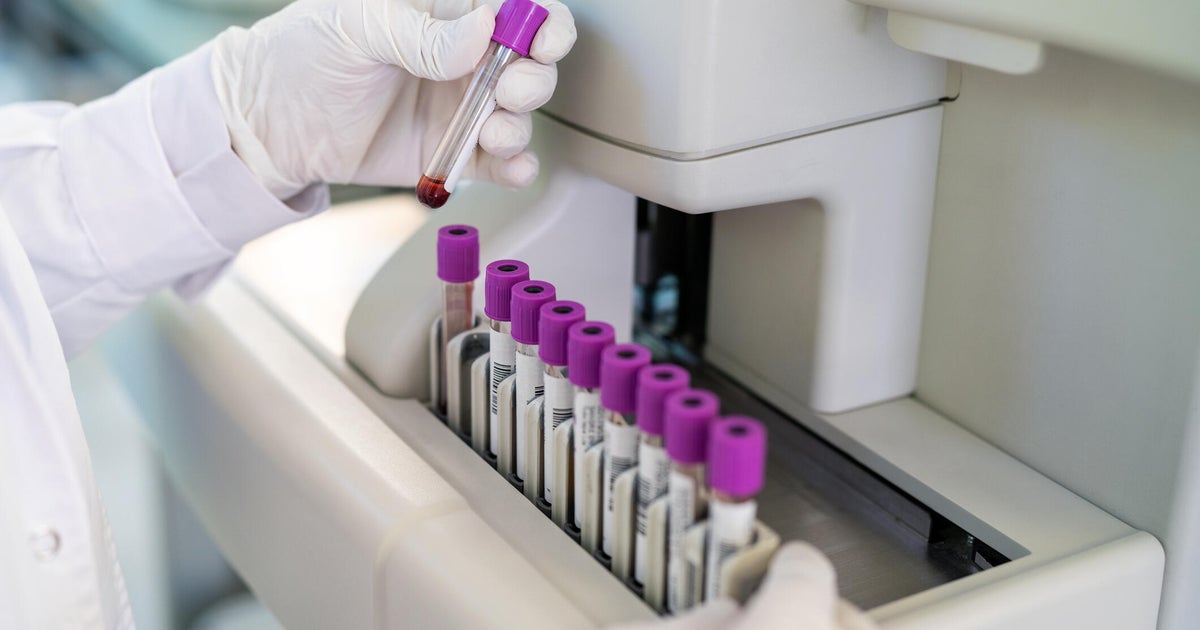
FDA Approves First Alzheimer’s Blood Test for Select Patients
A New Chapter in Alzheimer’s Testing
On any given day, advancements in medical technology promise to reshape how we understand and tackle health challenges. Among these, a new test from Fujirebio might change the landscape for Alzheimer’s diagnosis. Their tool works with the Lumipulse equipment, which they say is already found in many clinical labs across the U.S. This fully automated system can handle about 120 tests per hour on various samples.
The test measures two proteins in the blood that might signal whether amyloid plaques are present in the brain – these plaques have been linked to Alzheimer’s disease. But this isn’t a test for everyone. According to the FDA, it’s intended for adults aged 55 and older who are showing signs of cognitive decline and are being evaluated at specialized care facilities.
The FDA’s approval came after reviewing data from a study involving 499 plasma samples from adults with cognitive impairment. Results showed that 91.7% of those who tested positive in their blood also had amyloid plaques visible through brain scans or spinal fluid tests. Negative results were similarly reliable, with a 97.3% match rate.
This official sign-off from the FDA comes years after some blood tests for Alzheimer’s began appearing on the market without such approval. Concerns had been raised about previous blood tests being sold under less stringent regulations, which apply to tests developed by individual labs conducting high-complexity testing.
Just last year, there was an effort under the Biden administration to impose stricter federal oversight on these “laboratory developed tests.” The reasoning was simple – the current approach was born decades ago when lab tests were simpler and tailored for local needs, as federal health officials noted in a statement from January.
In one example, an earlier submission for a test failed to gain marketing authorization from the FDA but still entered the U.S. market through these more lenient channels. This situation underscored concerns about patient safety – without adequate validation, test performance remains uncertain, potentially putting patients at risk due to inaccurate results.
Despite some resistance from parts of the clinical community, others see these developments as a win for patient access to essential testing services. While it might feel like more regulation adds hurdles, it’s perhaps a necessary step to ensure reliability and accuracy.
Looking Ahead
For those involved in Alzheimer’s research or care, this marks a hopeful progression towards better diagnostic tools. It might not seem like much to some – just another medical announcement amidst many – but each step forward can be critical.
As always with technology and medicine, there’s that balancing act between innovation and safety. While Fujirebio’s test now has the FDA’s blessing, we might still ponder what this means for future developments in Alzheimer’s diagnostics.
For more on how Alzheimer’s disease affects the brain and its main characteristics, you might want to check out this detailed explanation.
For more context on prison security, see this overview of prison security on Wikipedia.



